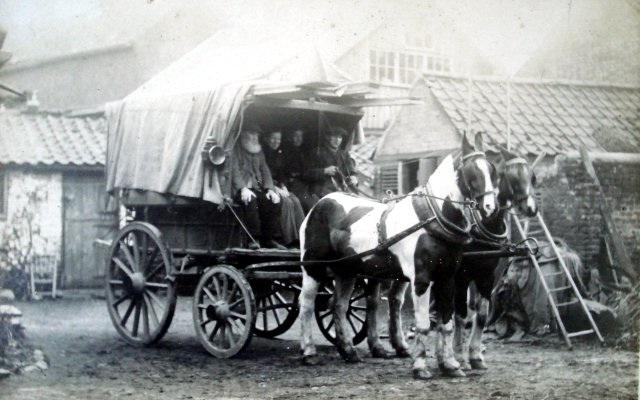For many years, the title of one of the most talented prose writers and poets of the 19th century has been held by A.S. Pushkin. Philosophical lyrics are present in almost every of his works, although he is a rather diverse poet who is interested in many topics. Alexander Sergeevich wrote poetry on civil and love topics, raised questions about friendship, the poet's destiny, described the beauty of Russian nature. But nevertheless, the thread of philosophy passes through all his poems, they make the reader think about good and evil, the meaning of human life, faith and unbelief, death and immortality.
With their originality, the philosophical
lyrics of Pushkin amaze everyone
. Poems are deeply intimate, personal in nature, because each feeling belonged to the poet, he described his own thoughts, impressions of life. It is this fact that distinguishes the lyrics of Alexander Sergeevich from other authors. As the poet grows up, his works change, a different meaning appears in them. By poems you can find out what Pushkin lived in different years.
The philosophical lyrics of the period when the poet was still a lyceum student, imbued with a spirit of fun. Alexander Sergeevich urges to have fun in the company of friends, enjoy friendly feasts and do not care about anything. You can learn about his youthful thoughts from the poem "The Sepulcher of Anacreon", written in 1815, the poem "Stanza Tolstoy" (1819). The poet preaches pleasure and entertainment.
Philosophical motifs in Pushkin's lyrics changed dramatically in the 20s. Like all young people of that period, Alexander Sergeyevich was drawn to romanticism. The poet admired Byron and Napoleon, the purpose of life was not to senselessly burn time at friendly feasts, but to accomplish a feat. The heroic impulses of the soul could not but reflect on the philosophical lyrics of the author. The most striking works of that period are considered to be the elegy “The Daylight”, written in 1820, and the poem “To the Sea” of 1824.
In the mid-1920s, Pushkin was experiencing a worldview crisis. The philosophical lyrics of that period are no longer imbued with romanticism, it is being replaced by realism. The poet begins to understand the harsh truth of life, and it scares him. He sees problems, but does not see the goal to be strived for. In the work “The Cart of Life,” Alexander Sergeyevich compares life to an ordinary cart drawn by horses, it rides without stopping day and night, the beginning of the trip seems joyful and bright, but the end is sad and dark. The morale of the poet broke after the defeat of the Decembrists, Pushkin felt guilty before his friends, because he could not take part in the uprising against the tsarist regime.

Towards the end of the 1920s, the poems traced the despair and loneliness that Pushkin experienced at that time. The philosophical poetry of the poet over the years has become more sad and even tragic. In the poems “A gift in vain, a gift by chance”, “Elegy”, “Do I wander along the noisy streets” there are questions of life and death, the author considers what will happen after he is gone on this mortal land. But this does not mean that Alexander Sergeyevich wanted death, he wanted to live in order to bring his creativity to people, to direct people to the true path. He sacredly believed that by the end of his life he would be able to find happiness and harmony.